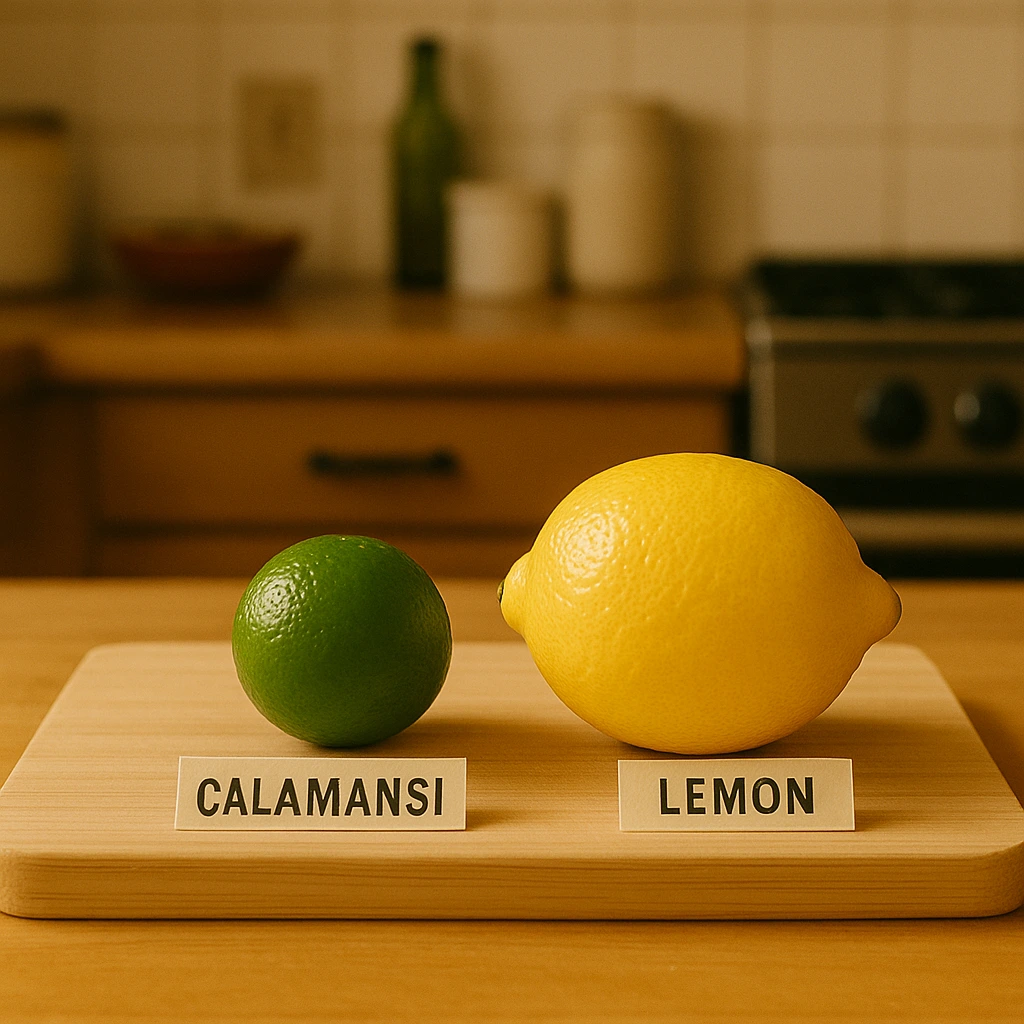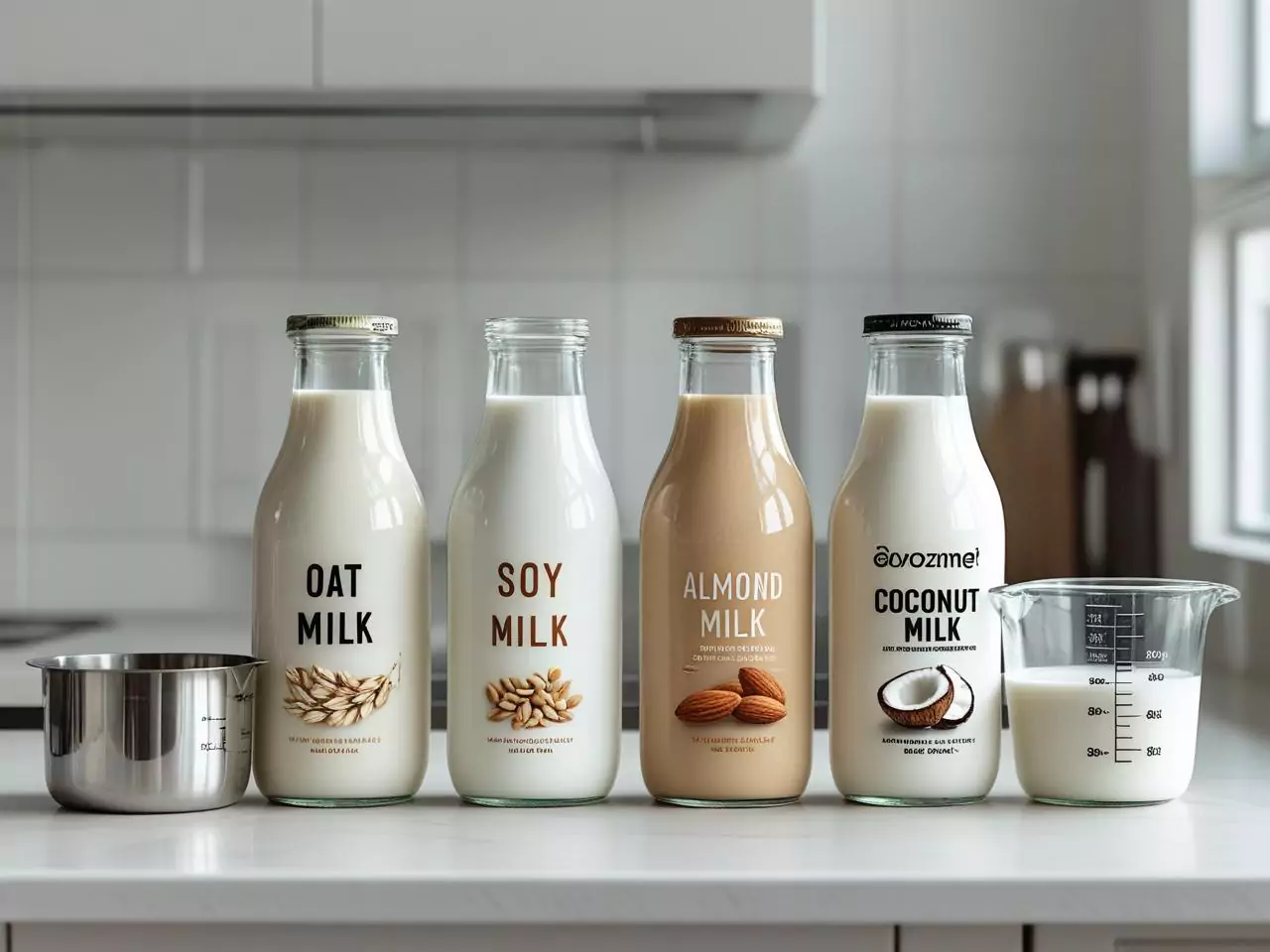
5 Best Egg Substitutes for Brownies (Expert-Tested Results)
Perfect fudgy brownies without eggs - discover which alternatives work best for your baking needs.
What you'll learn: Multiple substitution options, exact ratios, texture differences, and professional chef tips for perfect results.

